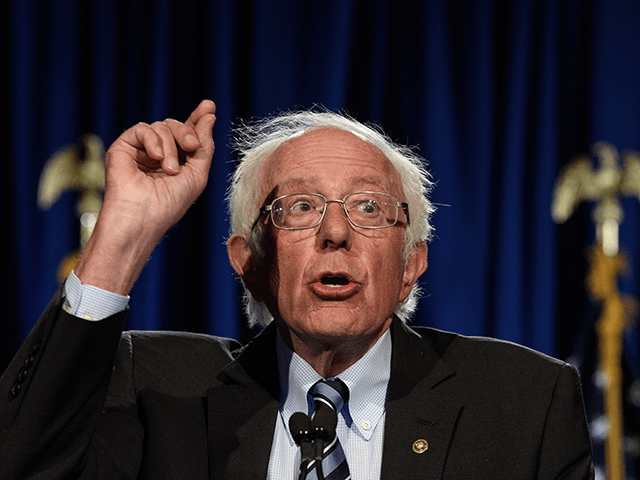March 14 (UPI) — Sen. Bernie Sanders, I-Vt., has proposed a bill to reduce the 40-hour workweek to 32.
Sanders on Thursday introduced the Thirty Two Hour Workweek Act to establish a standard 32-hour workweek with no loss of pay.
He is supported in the Senate by Sen. Laphonza Butler, D-Calif., and in the House of Representatives by Rep. Mark Takano, D-Calif., who introduced the legislation.
Sanders, who chairs the Senate Health, Education, Labor, and Pensions Committee on Thursday led the committee in a hearing introducing the act.
“Today in America, 28.5 million Americans — 18% of our workforce — now work over 60 hours a week, and 40% of employees in America now work at least 50 hours a week,” Sanders said in his opening remarks. “We were talking about a 40-hour workweek 80 years ago, and that is what people today, despite the explosion of technology, are working.”
The act also would require overtime pay at time-and-a-half for work days longer than eight hours and overtime pay at double a worker’s regular pay if they go above 12 hours.
Workers also would have their pay and benefits protected even in a reduction in the workweek, under the proposal.
Sanders has argued that the concept of moving to a 32-hour workweek is not radical, noting that the United States overwhelmingly passed legislation to establish a 30-hour maximum work week in 1933, although the measure did not make it into the Fair Labor Standards Act.
The Fair Labor Standards Act signed into law in 1938 by President Franklin D. Roosevelt established the 40-hour workweek standard.
“Unbelievably, 84 years later, despite massive growth in technology and worker productivity, millions of workers in our country are working longer hours for lower wages,” Sanders said, noting 18% of the U.S. workforce works over 60 hours a week, and 40% work at least 50 hours a week.
With the rapid incorporation of artificial intelligence in many facets of the job sector, Sanders predicted many jobs people have today will not be around in 15 years.
“The question that we are asking today is a pretty simple question — do we continue the trend that technology only benefits the people on top, or that we demand that these transformational changes also benefits working people? And one of these benefits must be a 32-hour work week,” he said.
The committee’s ranking member, Bill Cassidy, R-La., argued against the bill, saying it would be detrimental to small businesses, restaurants and the trades.
“We don’t have people as they do in China working 80 hours a week, but we have that balance — this disrupts that balance,” Cassidy said. “And we won’t maintain the status of being the world’s wealthiest nation if we kneecap the American economy with something which purports to be good for the American worker but indeed will lead to offshoring of jobs seeking for a lower-cost labor force.”

COMMENTS
Please let us know if you're having issues with commenting.